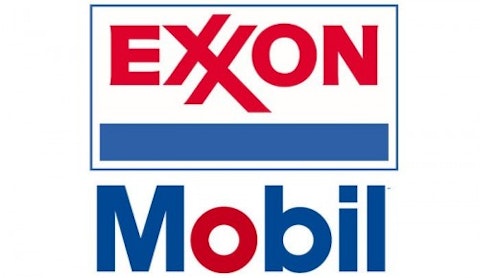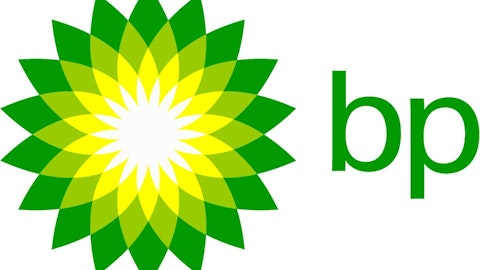Over the past few years, the large Western oil majors have been plagued by projects running substantially over budget, and taking much longer to complete than initially estimated. These hurdles are part of the broader challenge facing oil companies — how to cope with the end of the era of “easy oil.” Let’s take a closer look at one project — the Kashagan oil field — that epitomizes these challenges.
A primer on Kashagan
Kashagan is a vast untapped oil field in Kazakhstan with massive hydrocarbon potential. Yet, despite its operators — a consortium of companies including Exxon Mobil Corporation (NYSE:XOM), Enersis S.A. (ADR) (NYSE:ENI), and Royal Dutch Shell plc (ADR) (NYSE:RDS.B) — having plowed more than $30 billion into the project over the past decade, the field has yet to produce a single drop of oil.
Exploration in the region first began in the early 1990s after the dissolution of the Soviet Union, and was led by companies including Enersis S.A. (ADR) (NYSE:ENI), Exxon Mobil Corporation (NYSE:XOM), Royal Dutch Shell plc (ADR) (NYSE:RDS.B), Total SA, Statoil, BP plc (ADR) (NYSE:BP), and BG Group. While initial prospecting pointed to a potential 10-billion barrels of recoverable oil, it also made clear some of the most daunting challenges that drillers would have to overcome in order to exploit Kashagan’s resources.
Technical and other challenges
For starters, the reservoir lies about 12,000 feet below the northeast Caspian Sea, which freezes for several months during the year. Since this tends to damage or destroy typical offshore drilling equipment, operators are forced to construct concrete drilling blocks, which don’t come cheap. In addition to these weather-related challenges, Kashagan’s development has been beset by difficult supply routes and clashes with local government officials.
Delays and other issues
As a result, its operators have repeatedly failed to meet deadlines and start-up dates. Last year, Eni said Kashagan would start up in March this year — a deadline it later pushed back to June. But that target won’t be panning out, either. Earlier this month, Eni pushed the deadline even further out to October this year.
According to a spokesman for the North Caspian Operating Company, the reason for Kashagan’s numerous delays has to do with the overwhelming technical complexity of the project, as well as its operators’ vigilant approach to development, which they’ve adopted to minimize problems like oil and gas leaks.
Due to the delays, cost overruns, and uncertainties, one initial partner in the project, ConocoPhillips (NYSE:COP), even decided to back out. The company recently announced that it is looking to sell its 8.4% stake in the venture, which Kazakhstan has the right to buy. The Kazakh government will decide by July 2 how it wishes to proceed.
Kashagan’s implications for oil companies
Kashagan highlights the grave difficulties facing the large Western oil companies in an era where fields of “easy oil” have already been tapped, or are zealously guarded by national oil companies.

